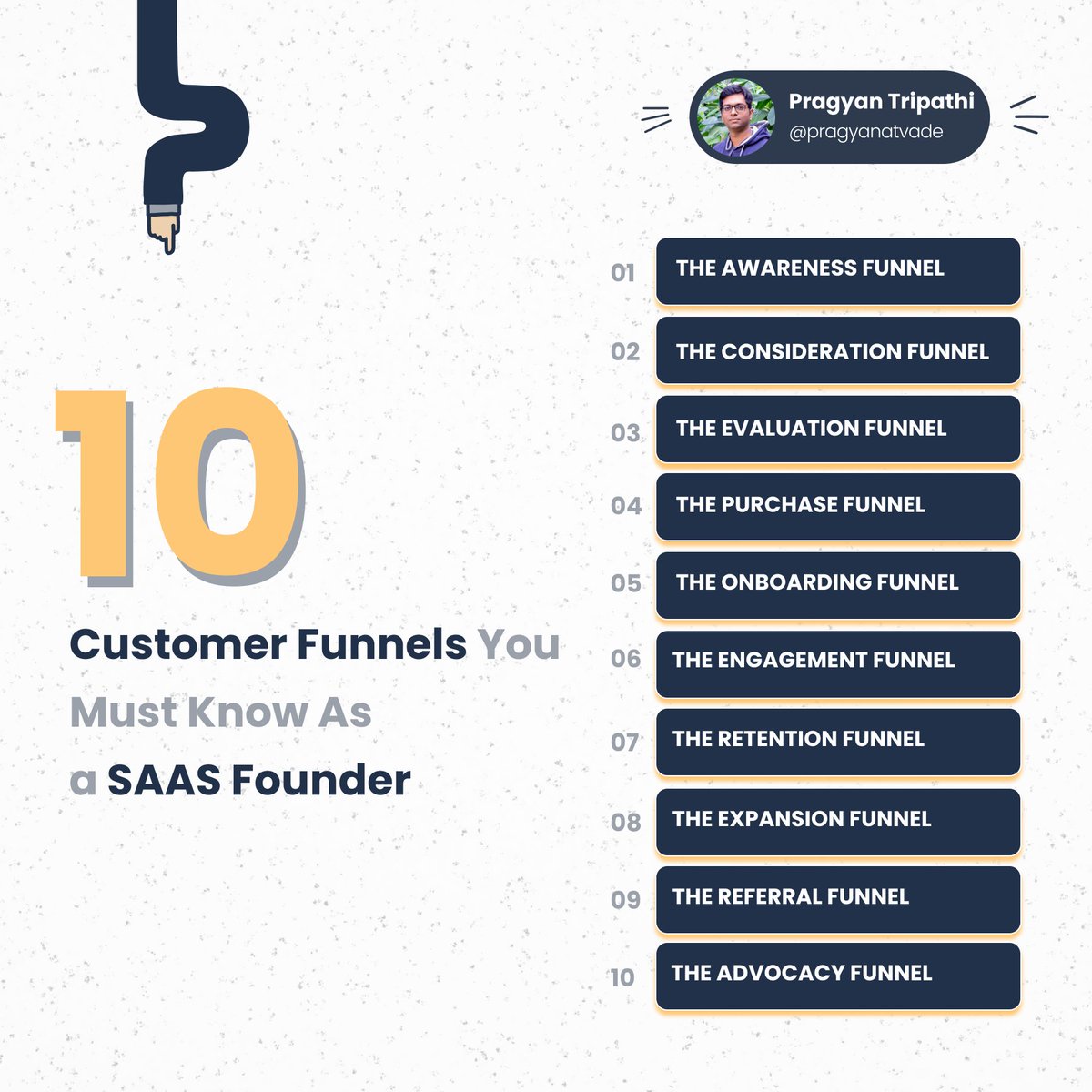
I worked with many pro developers in the last decade who preached the same ideas. Adopting them made me an efficient problem solver today.
Here are 10 tricks that only experienced developers know: 🧵👇
#software #programming #developers
Here are 10 tricks that only experienced developers know: 🧵👇
#software #programming #developers

1. Always have a plan
Planning helps you learn about the problem, analyse it, and carefully think about the trade-offs. Jumping right into the code is often a sign of inexperience.
Planning helps you learn about the problem, analyse it, and carefully think about the trade-offs. Jumping right into the code is often a sign of inexperience.
2. Optimize only when needed
Pro developers focus on getting things to work rather than wasting time looking for the best possible solution.
Pro developers focus on getting things to work rather than wasting time looking for the best possible solution.
3. Improve your algorithms & problem-solving skills
What makes you a programmer is how you approach problems not the number of tools you use. The more you practice the basic algorithms, and problem-solving better you get at it.
What makes you a programmer is how you approach problems not the number of tools you use. The more you practice the basic algorithms, and problem-solving better you get at it.
4. Programming fundamentals go a long way
The fundamentals can be used with any programming language or tool. It will help you not get stuck in a specific stack forever and be flexible and ready to help in any environment.
The fundamentals can be used with any programming language or tool. It will help you not get stuck in a specific stack forever and be flexible and ready to help in any environment.
5. Use the right tool for the job
The reason there are so many tools to solve problems is that someone was trying to solve a particular problem, not all of them. Always research the best tool instead of fighting a tool to work for your problem.
The reason there are so many tools to solve problems is that someone was trying to solve a particular problem, not all of them. Always research the best tool instead of fighting a tool to work for your problem.
6. Failure is a friend
Failure is just a reminder to do better, not to give up. We know that developer who is great. What we don't realize is how much they failed to get there. The only difference between you and them is they failed more than others.
Failure is just a reminder to do better, not to give up. We know that developer who is great. What we don't realize is how much they failed to get there. The only difference between you and them is they failed more than others.
7. Test, debug & documentation are skills worth having
None of us would be good developers if no one did this work. Tools can only do so much to help that's why you should do your best to write tests, and documentation.
None of us would be good developers if no one did this work. Tools can only do so much to help that's why you should do your best to write tests, and documentation.
8. Mentoring is the best way to learn
If you can't explain it, you don't understand it. Great solutions often come to us when we try to explain the problem. The ability to communicate knowledge and ideas is most important to advance in a career.
If you can't explain it, you don't understand it. Great solutions often come to us when we try to explain the problem. The ability to communicate knowledge and ideas is most important to advance in a career.
9. Communication/Collaboration is the key
All pro developers are team players and supporters. A good developer is coachable and open to new ideas and suggestions. Knowing how to work and support others is an essential and humble skill to have.
All pro developers are team players and supporters. A good developer is coachable and open to new ideas and suggestions. Knowing how to work and support others is an essential and humble skill to have.
10. Progress over perfection
Developers often stress over perfection because they want to appear better than they are. Never wait to feel ready, more skilled, or perfect to make a career or programming move. Seek progress, not perfection.
Developers often stress over perfection because they want to appear better than they are. Never wait to feel ready, more skilled, or perfect to make a career or programming move. Seek progress, not perfection.
These are the tips and tricks that you only learn through years of trial and error, and they can make a huge difference in your workflow and the success of your projects.
Thanks for checking this out.
Follow @pragyanatvade for more threads.
Thanks for checking this out.
Follow @pragyanatvade for more threads.
https://twitter.com/pragyanatvade/status/1608297818086858755
• • •
Missing some Tweet in this thread? You can try to
force a refresh













